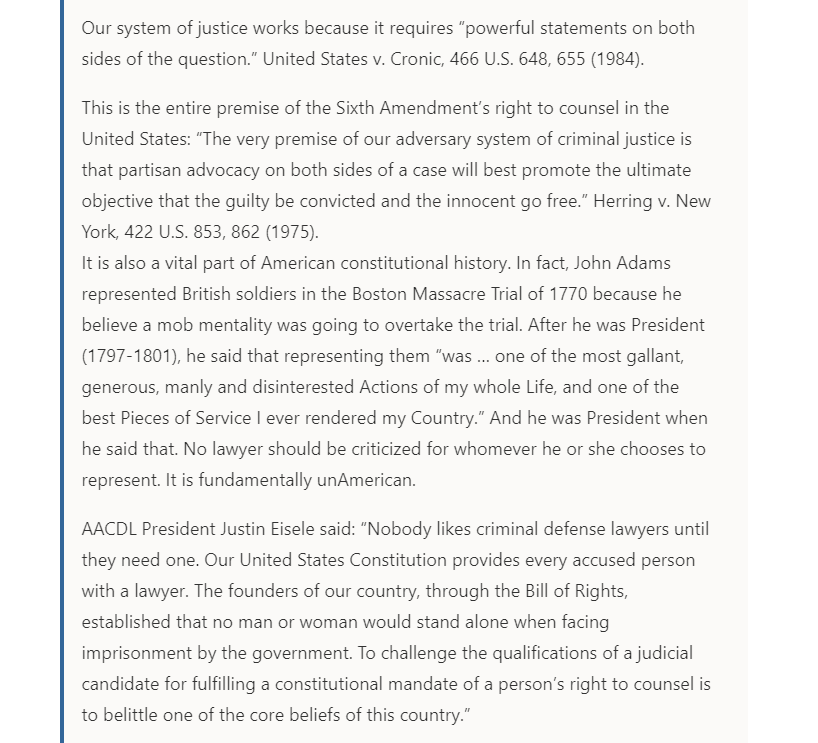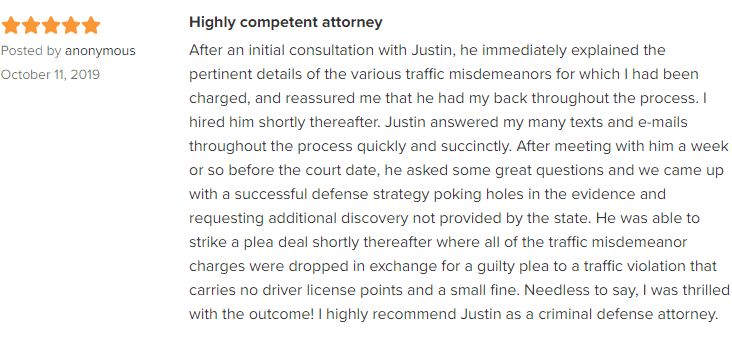Justin Eisele has years of experience as a Arkansas White Collar Crime Lawyer. He is a former president of the Arkansas Association of Criminal Defense Lawyers and has been a vocal advocate for justice reform. If you or a loved one is charged with a white collar crime in Arkansas it is important for you to know the differences in state and federal court in Arkansas.
Table of Contents
From an Arkansas White Collar Crime Lawyer’s Perspective: The Similarities Between State and Federal Court in Arkansas.
Federal criminal court in Arkansas has similarities to state criminal court in Arkansas, but there are also many differences. Any good Arkansas White Collar Crime Lawyer will tell you that in practice, there are far more differences than similarities. In both places, you have a right to defense counsel at every important stage. This starts at your bond hearing and goes all the way through your appeal if necessary. You also have a right to a jury trial for most charges that involve jail time in both criminal courts in Arkansas.
Differences Between Federal and State Court From an Arkansas White Collar Crime Lawyer’s Perspective.
Grand Juries.
The differences between federal criminal court in Arkansas and state criminal court are many. A good Arkansas White Collar Crime Lawyer knows the ins and outs. In Arkansas criminal court, the prosecutor generally charges you by information. An information is merely a sheet of paper that lists the charges, with a very limited amount of detail, and it is signed by the prosecuting attorney. In federal court, the prosecutor must submit the charges to a grand jury. (Article on how grand juries work) The grand jury believe there is probably cause before an indictment is issued.
Bail Bonds.
Also, bail bonds and bail hearings in federal criminal court in Arkansas are much different than state criminal court in Arkansas. Without getting into too much detail, federal courts do not focus on money bonds like state courts do. If you are charged with a federal crime in Arkansas, there is a probation officer that will compile a report. The report will list briefly your background and give the judge information about whether you are a risk of danger or flight.
In the vast majority of federal cases, no money bonds are paid. If the judge believes you are either a flight risk or a danger, you will be detained until your trial. If the judge does not, you will usually be released and will periodically report to a pretrial probation officer until your trial or a plea.
Sentencing.
Sentencing in federal criminal court in Arkansas is much different than in Arkansas state court. In Arkansas, for most charges, there are fairly reasonable parole possibilities. You will not serve all of your sentence in Arkansas state court. In federal court, there is no parole. You can earn up to 15% off, but that is all until the First Step Act is implemented fully. In federal court there are also many more what are called “mandatory minimum” sentences. These are sentences where a minimum prison sentence is set by Congress and the judge can almost never go below that sentence.

Reasons to Consider Justin Eisele for Your Lawyer.
When hiring a federal criminal lawyer in Arkansas, make sure you discuss with him or her the differences between both courts so you can make an informed decision about whether going to trial or considering a plea agreement. We don’t force pleas down our client’s throats. We explain all of the evidence, all of options to suppress or victory at trial, and then let the client decide.

Justin Eisele has handled 100s of federal cases both in Maryland and Arkansas. Mirriam Z. Seddiq, the firm’s founding partner, has handled many federal cases across Maryland and New York. She has also been certified as an expert in federal court on the topic of immigration. If you would like a free consultation, just give us a all at 301.513.7832. Free consultations and we answer our phones 24/7.


